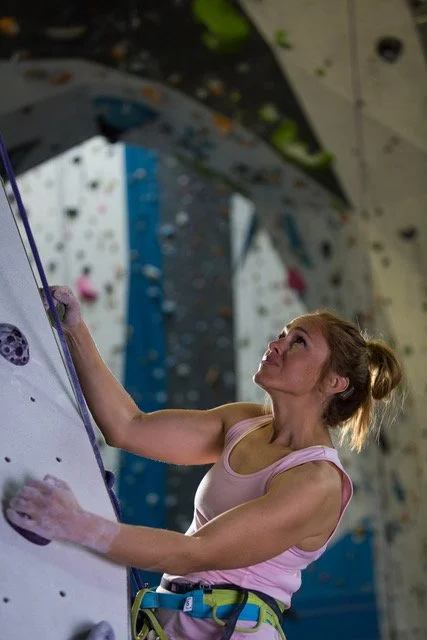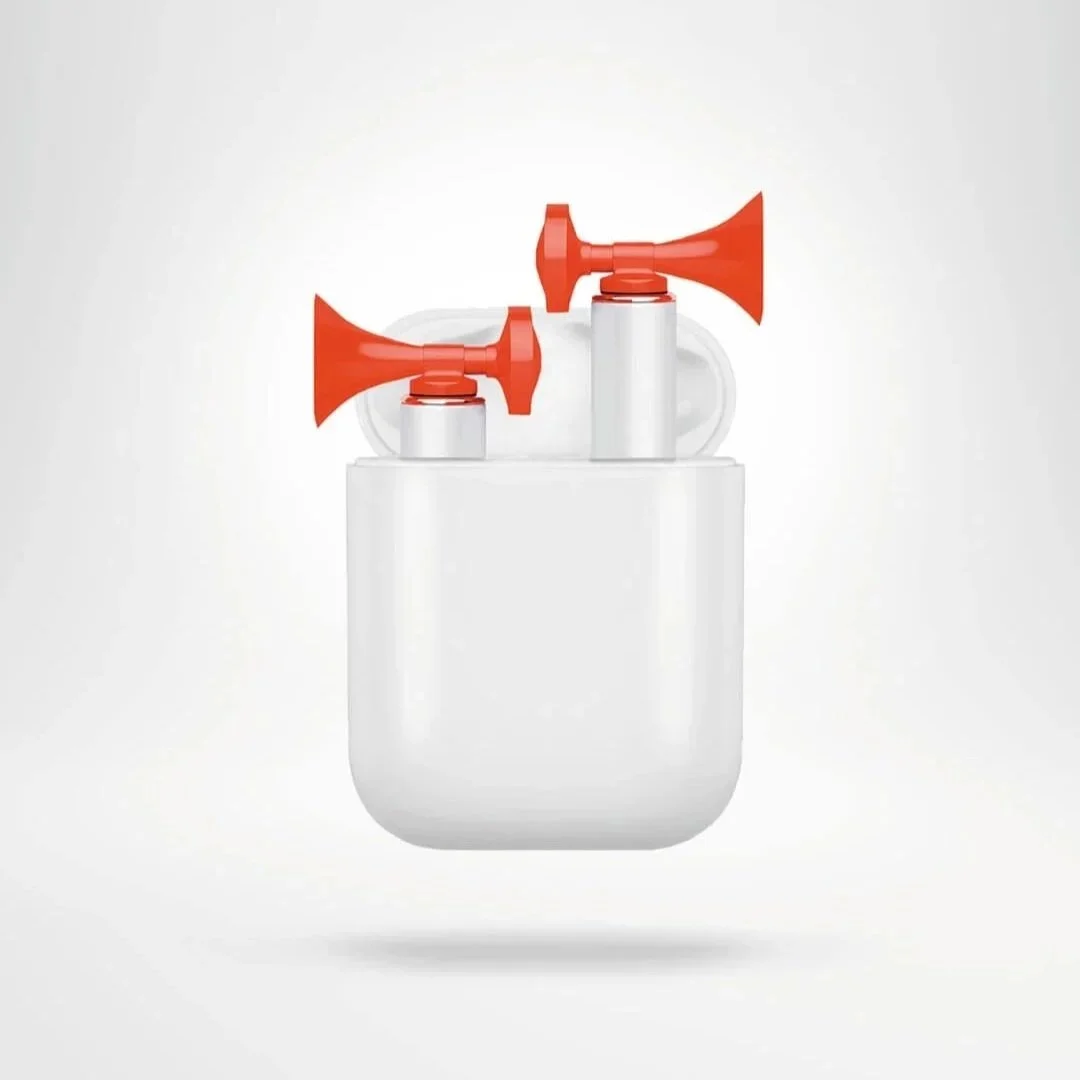A hearing health advocate who wears a cochlear implant highlights what really matters.
By Tiffany Storrs
People talk a lot about inclusion but our understanding of inclusion is very superficial.
We treat it like a new trend, instead of a human right. For many, advocating for inclusion means:
Posting images promoting diversity on social media
Adding badges to our profile pictures in support of marginalized people groups
Attending marches or protests, or signing petitions
Putting signs in our yards or stickers on our cars
Yet, many of those same people are the ones who find an excuse to walk away, instead of sitting in their discomfort and adjusting their expectations, so that they can have a meaningful conversation with a person with a hearing loss.
We love the idea of diversity. The reality of it though, is too hard and messy for most of us.
Supporting everyone and meeting each person's individual, unique needs, even if you have to sacrifice something yourself to meet those needs, is hard.cBeing kind and courteous to everyone we meet, even when they aren’t kind to us, is hard. Believing people’s experiences and perceptions, even when they don’t match your own, is hard.
It is hard, but I also know it can be done.
Here are some simple ways you can truly promote inclusivity in your life and your community:
Reflect on your own beliefs and actions.
Do you avoid people with disabilities or those who look or perceive the world differently than you do? Do you believe that people with disabilities need to be fixed? Take time to explore those thoughts and look for ways you can challenge ableist beliefs.
Pay attention to words.
First of all, pay attention to how someone identifies. Even within the deaf and hard of hearing community there is diversity in how we choose to talk about our disabilities. Some prefer deaf or Deaf, others prefer to say hard of hearing, and while others say they are hearing impaired. Listen to how the person describes their disability and use the same terminology.
Secondly (and we should all know this by now), avoid using derogatory terms like: crippled, retarded, abnormal, special needs. The National Center on Disability and Journalism has a helpful list of terms you can use instead.
Do you really need to know how someone became disabled?
It is not your right to know. We don’t owe you that story. If we choose to share, listen carefully and recognize the gift you are being given. If we don’t bring it up, accept our current reality, and move on. You don’t need to know our past to accept our present.
Identify barriers.
Are there barriers that could be keeping people out of the businesses and institutions you go to regularly? Scan them for:
ramps
Braille
sensory-friendly accommodations
captions or sign language
If you notice that they are not accessible to all, find ways to make them accessible.
The social model of disability advocates that there is nothing inherently wrong with people with disabilities. The problem lies within a society that does not make life accessible to us. We are not broken nor do we need to be fixed. Society is broken. If we make changes to make life more accessible to people with disabilities, we are benefitting society as a whole.
For example, if a TV show offers closed captioning, it allows me to process the information even when I am not wearing my cochlear implant. It also helps the English language learner who is better able to process written text than verbal speech. It helps all of us better understand non-native English speakers who may have an accent.
If you congratulate me for living life, I will congratulate you back.
Although my normal may not look like your normal, it is still normal. Please don’t congratulate me for being brave enough to live my life as a deaf person.
This is my life. It isn’t any more extraordinary than someone with brown hair and green eyes or someone who is six foot seven and has to duck to walk through doorways.
We all have struggles. Mine are no bigger than yours. We all have days where just getting up in the morning requires bravery. No one wants to dwell on those days.
You can congratulate me for winning a title, writing a book, or appearing in a commercial. You would congratulate anyone for those accomplishments. Treat me as you would anyone else.
Differences and commonalities of our struggles keep us interconnected. We shouldn’t congratulate each other for struggling. We should congratulate one another for overcoming.
Find a way to move the needle.
More than one in four people have some type of a disability. People with disabilities are represented in the media only roughly 3 percent of the time.
Media representation has become my quest. Without knowing it, I had been practicing for this mission my whole life. If I can move the needle even a little, I’ll know I am on the right path.
I know that your life experiences, talents and abilities are perfectly intertwined in some way to be used to help make the world a better place. Take the time to find your role. The world needs you. We all have to work together to help society stand up. We have been crouched over for far too long. Let’s join hands and learn to stand up together.
Tiffany Storrs is an actor, author, and award-winning hearing health advocate. Originally from New Mexico, she now lives in Colorado with her family. This is excerpted from her memoir, “Adaptability: A True Story About Transforming Pain Into Purpose.” For more, see tiffanystorrs.com.








For individuals with long-term hearing loss or severely degraded auditory input, the lack of reliable auditory feedback represents a challenge many orders of magnitude greater than the temporary masking used in this study.